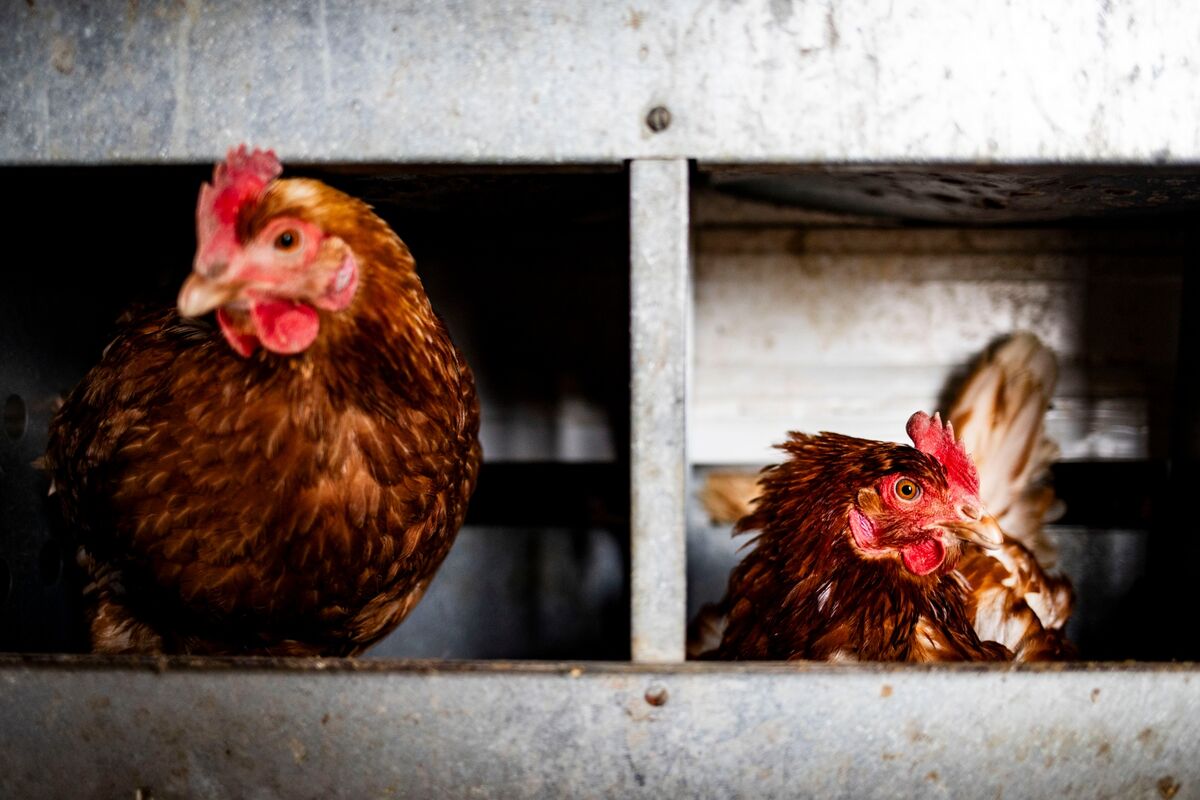Chicken Coops Boom: High Egg Costs Fuel Trend
The price of eggs has skyrocketed recently, leaving many consumers scrambling for alternatives – or, more accurately, scrambling to alternatives. This unprecedented surge in egg prices has unexpectedly fueled a boom in backyard chicken keeping, with a significant increase in the demand for chicken coops and all related supplies. But why is this happening, and what does it mean for the future of backyard poultry?
The Egg-cellent Price Hike: A Perfect Storm
Several factors have contributed to the dramatic increase in egg prices. These include:
- Avian Influenza: The highly pathogenic avian influenza (HPAI) outbreaks across the country decimated commercial flocks, drastically reducing the egg supply. This is arguably the most significant factor impacting egg prices.
- Increased Feed Costs: The cost of chicken feed, largely dependent on global grain prices, has also risen sharply, adding to the overall cost of egg production.
- Inflation and Transportation Costs: General inflation and increased fuel costs have affected every aspect of the food supply chain, impacting egg prices as well.
- Demand Shifts: Changes in consumer demand, with many people choosing to eat more eggs at home due to rising restaurant costs, further strained supply.
These interconnected factors have created a perfect storm, driving egg prices to record highs and prompting many consumers to seek a more cost-effective and sustainable solution: raising their own chickens.
The Rise of the Backyard Chicken: A Cost-Effective Solution?
While raising your own chickens might seem like a daunting task, it's becoming increasingly accessible and appealing. For many families, the prospect of fresh, home-grown eggs at a fraction of the supermarket cost is incredibly enticing. This isn't just about saving money; it's also about:
- Food Security: Having a reliable source of food, especially eggs, provides a sense of security and independence, particularly amidst fluctuating market prices.
- Sustainable Living: Raising chickens can be a more environmentally conscious choice than relying solely on large-scale industrial farming.
- Community Building: The increase in backyard chicken keeping has also fostered a sense of community, with online forums and local groups sharing tips and advice.
The Chicken Coop Craze: Demand Outpaces Supply
This surge in popularity has led to a significant increase in demand for chicken coops. Manufacturers and retailers are struggling to keep up with the unprecedented demand, leading to longer wait times and potentially increased prices for coops themselves.
Choosing the Right Coop: With so many options available, selecting the right coop is crucial. Consider factors like:
- Size: How many chickens do you plan to keep?
- Materials: Wood, metal, or plastic – each has its pros and cons.
- Features: Nesting boxes, roosting bars, ventilation, predator protection.
- Budget: Coops range in price from a few hundred dollars to several thousand.
Beyond the Coop: Remember, owning chickens involves more than just a coop. You'll need to consider feed, water sources, bedding, cleaning supplies, and potentially veterinary care.
The Future of Backyard Chickens: A Sustainable Trend?
The current boom in backyard chicken keeping might be partly fueled by high egg prices, but the trend seems likely to persist even as egg prices stabilize. The benefits – fresh eggs, greater food security, and a connection to the source of their food – resonate strongly with many consumers. As long as local regulations allow and communities remain supportive, the backyard chicken will likely remain a popular addition to many backyards.
Tips for aspiring chicken keepers:
- Research local regulations: Check your city or county ordinances regarding backyard chickens before you start.
- Start small: Begin with a small flock to gain experience before expanding.
- Educate yourself: Learn about chicken breeds, health, and care.
- Join a local community: Connect with other chicken keepers to share knowledge and support.
The chicken coop boom is more than just a temporary response to high egg prices; it's a reflection of a growing interest in self-sufficiency, sustainable living, and a closer connection to our food sources. The clucking sounds of backyard chickens might just be the soundtrack of a new era in food production.
